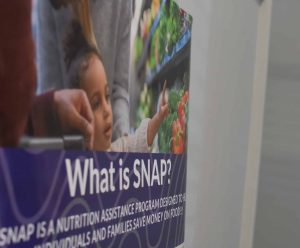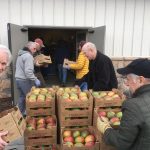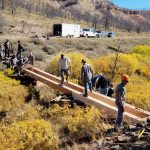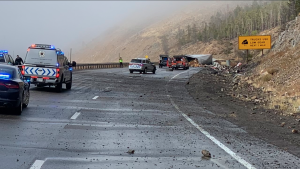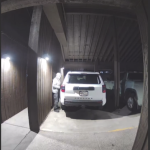Coloradans could lose SNAP benefits starting Nov. 1 amid government shutdown, governor warns
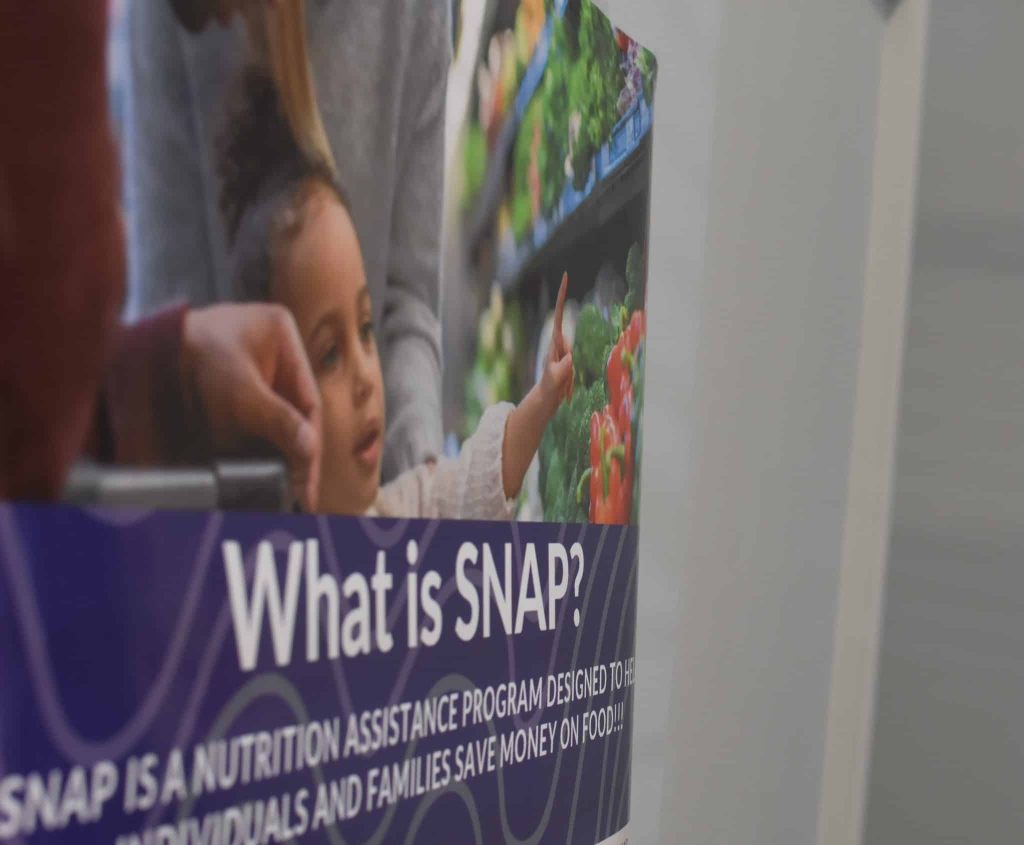
Robert Tann/Summit Daily News
Hundreds of thousands of Coloradans enrolled in the Supplemental Nutrition Assistance Program, or SNAP, are at risk of losing their benefits next month amid the federal government shutdown, according to Gov. Jared Polis.
In a Friday news release, Polis said that starting Nov. 1, the U.S. Department of Agriculture will halt sending states for future SNAP payments if the shutdown is not resolved by then.
More than 600,000 Coloradans — about 1 in 10 — receive SNAP benefits. Around half of those recipients are children.
“Our State is looking at all options for helping feed families in need and is currently having conversations about the negative impacts this will create and how to support people should the federal government not reopen,” Polis said in a statement. “It’s time for Republicans to do the right thing and lower health care costs, reopen the federal government, and help provide food security to hardworking Coloradans, children, and people across the country.”
The shutdown began on Oct. 1, after congressional Republicans and Democrats failed to agree on a funding bill. While a Republican-led funding proposal cleared the House of Representatives in September, the legislation has stalled in the Senate, where Republicans need 60 votes to pass the bill.
Currently, Republicans control 53 Senate seats, meaning they need several Democrats to sign off on the funding measure. All but three Senate Democrats, however, have so far refused to vote for the funding bill because it does not include an extension of health care subsidies.
Democrats have made that the central issue of the shutdown fight, demanding that Republicans negotiate an extension of tax credits for the Affordable Care Act to prevent a surge in insurance premiums next year.
Polis’ office said Colorado cannot shoulder the burden of losing federal SNAP funding, which would come at a cost of $120 million per month, or $1.48 billion per year.
Along with SNAP, funding for the USDA’s Emergency Food Assistance Program — which provides food to food banks — will also shut off on Nov. 1 unless government funding is restored.
The lack of both SNAP benefits and direct support from USDA would likely ratchet up pressure on local food banks, which are struggling to meet increased demand with fewer resources.
During a virtual roundtable discussion hosted by U.S. Sen. Michael Bennet with food bank leaders earlier this week, several leaders of food banks said they’re already reeling from federal funding cuts to food assistance programs that were made earlier this year, including a $500 million cut to the USDA’s emergency assistance program.
Polis’ office recommends Coloradans reach out to local food banks or community agencies by accessing the 211 program, which connects people with state resources like food assistance. More information can be found by dialing 211 or 866-760-5489 or by visiting 211Colorado.org.
Coloradans can also access Feeding Colorado resources at FeedingColorado.org/find-food or by emailing info@feedingcolorado.org.

Support Local Journalism

Support Local Journalism
As a Summit Daily News reader, you make our work possible.
Summit Daily is embarking on a multiyear project to digitize its archives going back to 1989 and make them available to the public in partnership with the Colorado Historic Newspapers Collection. The full project is expected to cost about $165,000. All donations made in 2023 will go directly toward this project.
Every contribution, no matter the size, will make a difference.

